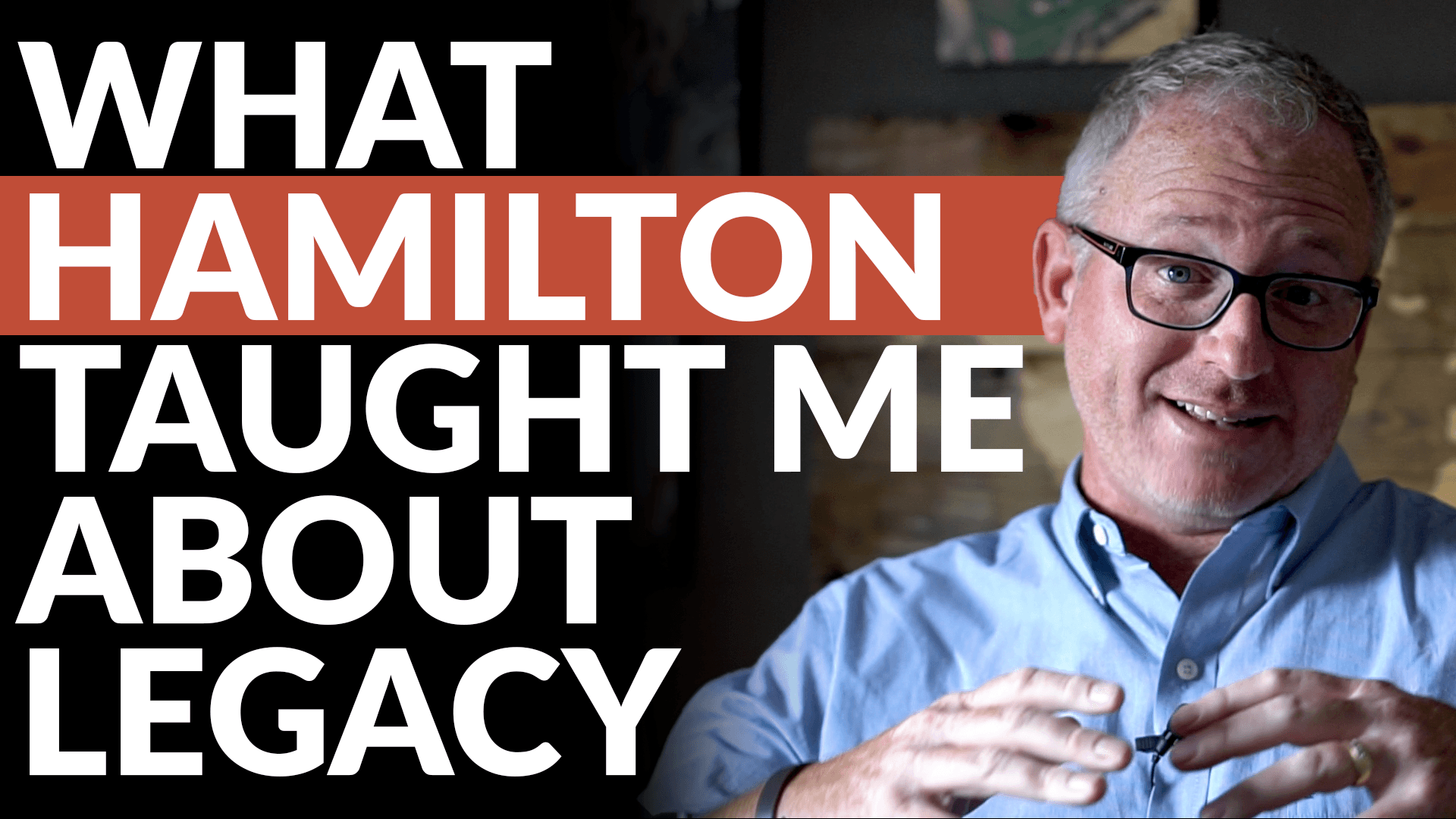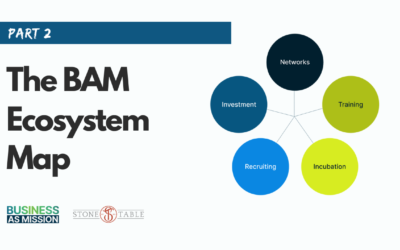What Hamilton Taught Me About Legacy

Since it’s released back in July, my family and I, like so many others, have become almost mildly obsessed with the musical Hamilton. It’s a fantastic, really a masterwork, by Lin-Manuel Miranda that brings together pop culture and history and kind of this beautiful storyline that really is bigger than any one of us. It kind of sucks us in. We can kind of find aspects of our own story in this grand storyline, and so we have grown accustomed to not just watching it on TV, but also listening to the soundtrack as we drive back and forth.
And this last week I was listening to the final track, this closing track, which is called “Who Lives, Who Dies, Who Tells Your Story?” And it’s a haunting piece really, that kind of reviews not only what we’ve seen of Alexander Hamilton’s life up to that point, but then through the life of his spouse kind of looks forward into the impact that his life had even after he was gone.
And I think that resonates, not only from a historical account, but it also resonates from a personal account, because I think to some extent, we’re all asking ourselves that same question: “who lives, who dies, who tells our story?” Right? We all want to live a life that matters. We all want to do things that cause us to be remembered or that have an impact that lives on long after each one of us are gone.
And we see so much of that, in big ways and in small ways, even with social media, right? We see people just obsessed with getting their story out and kind of being remembered, for good or for bad, right? There’s lots of ways that we can make our mark on history.
But it got me contemplating, as believers, who are we and what is our calling within this story? And one of the things we talk about here at The Stone Table is this idea that our stories aren’t our own. That one of the reasons that so many of us find it difficult to find meaning and purpose in our everyday work is because we don’t understand it within a large, cosmic whole, so to speak. We are living and dying and telling our own story, and as believers, we actually have a much higher calling that, in fact, the word vocation that we use for “what we do for a living,” actually comes from the word vocare, which means “calling.”
But so many of us don’t experience our work that way. And I would postulate that a big part of that is because we don’t see our stories as part of something greater. Actually, we see our stories as something we are writing and crafting and creating ourselves. And so we like to say here that we are not the main characters in a story we are writing about ourselves, but we are actually beloved members of a supporting cast in a divine cosmic narrative that God has been telling since the beginning of time. And that you and I will actually find our purpose, our meaning, we will actually matter more than any other time in our lives when we realize that our lives are not our own, that our story is not our own, that we are actually, we have been invited into a grand cosmic storyline through the finished work of Jesus Christ.
And so I just want to encourage you, if you’re struggling with your work this week, if you’re struggling even on a broader scale with your life and the trajectory of your life, your life matters! Your life matters because Jesus says it matters. Your life matters because Christ died on the cross and He said “it is finished!” And so all of those things you long for, all those things you desire – to matter, to be remembered, they’ve all been dealt with. All those emotions have been dealt with, and so now your life can actually be part of something much greater than what you could ever make it on your own.
And so, as I listen to that last track of Hamilton, I really want to ask a different question. Not “who lives, who dies, who tells my story. But who lives, who dies, and who tells His story.


